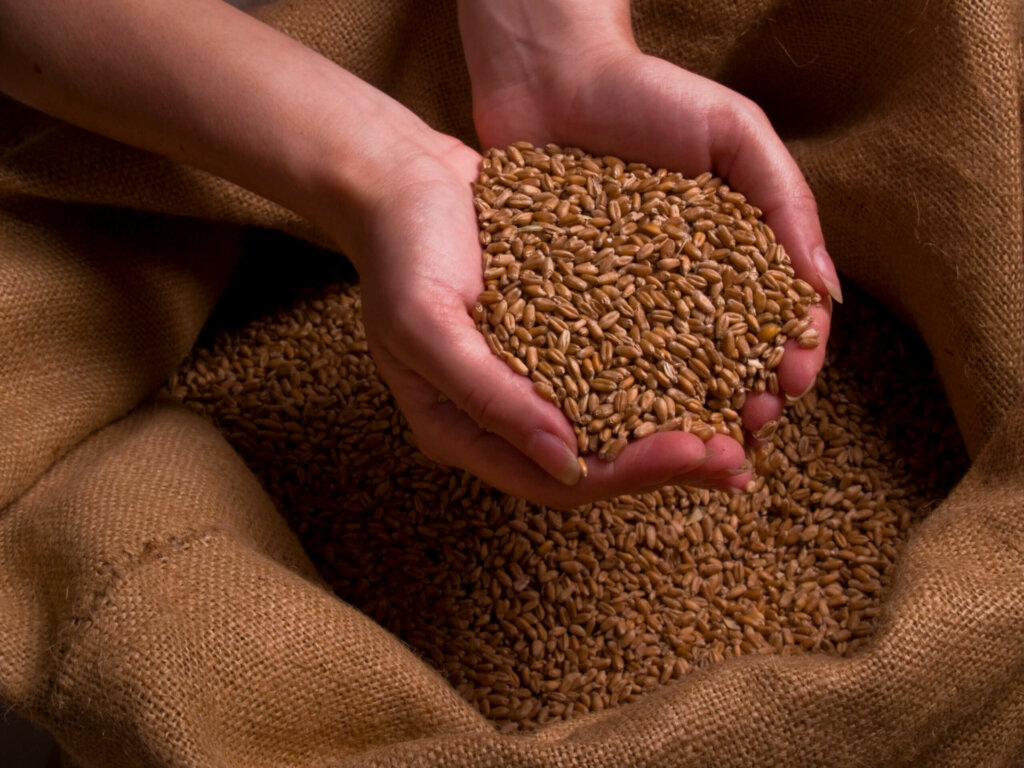Wheat farmers play a crucial role in helping sustain our rural communities and feeding the world. To help feed families here and abroad, we, as farmers, must overcome challenges related to weather, price volatility, increased input costs, market uncertainty, and other factors. The farm bill plays an integral part in helping mitigate these risks. However, farmers have faced historic challenges in recent years, and the reauthorization of the farm bill in 2024 presents Congress with an opportunity to strengthen the farm safety net, bolster trade, expand conservation practice adoption, and support American farmers and families.
The stakes are high. The 2023 reauthorization has turned into a 2024 reauthorization, and we can’t afford to wait longer. Act now and ask your elected officials to pass a robust farm bill that supports wheat growers and rural America!
